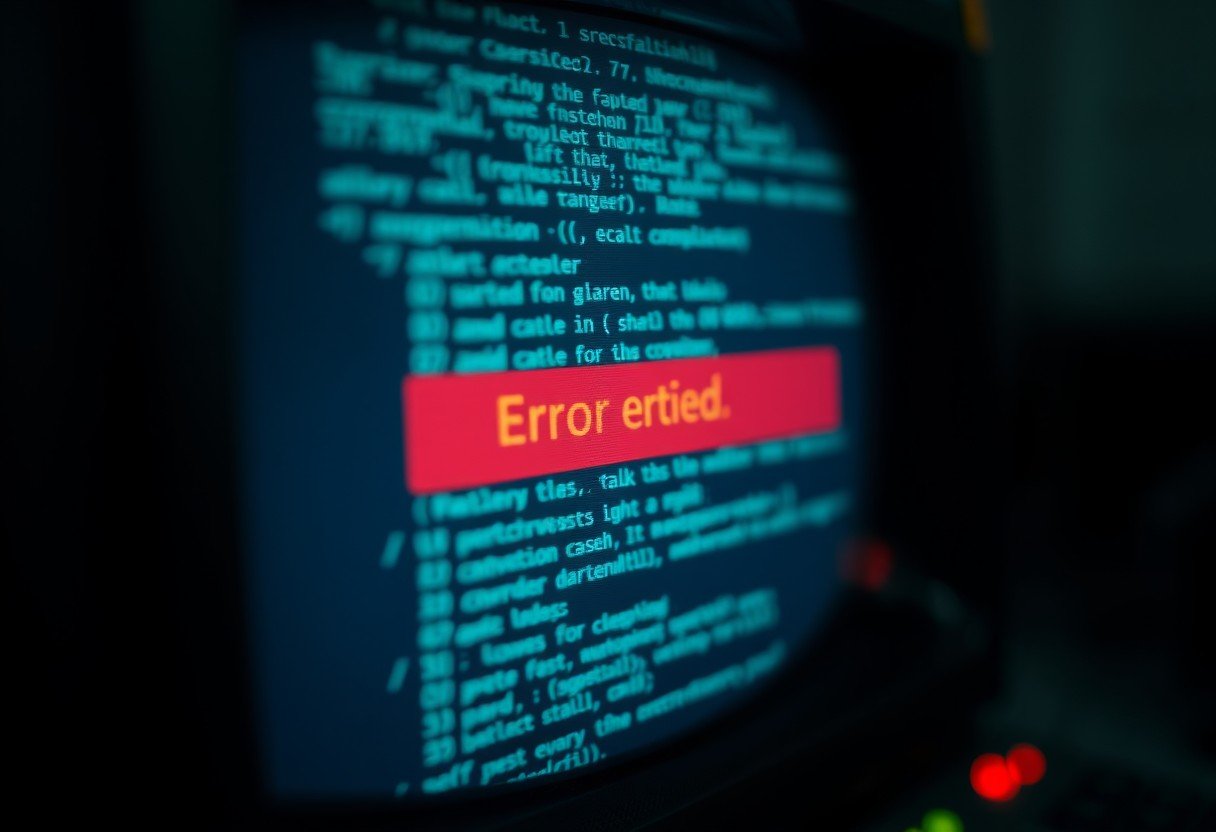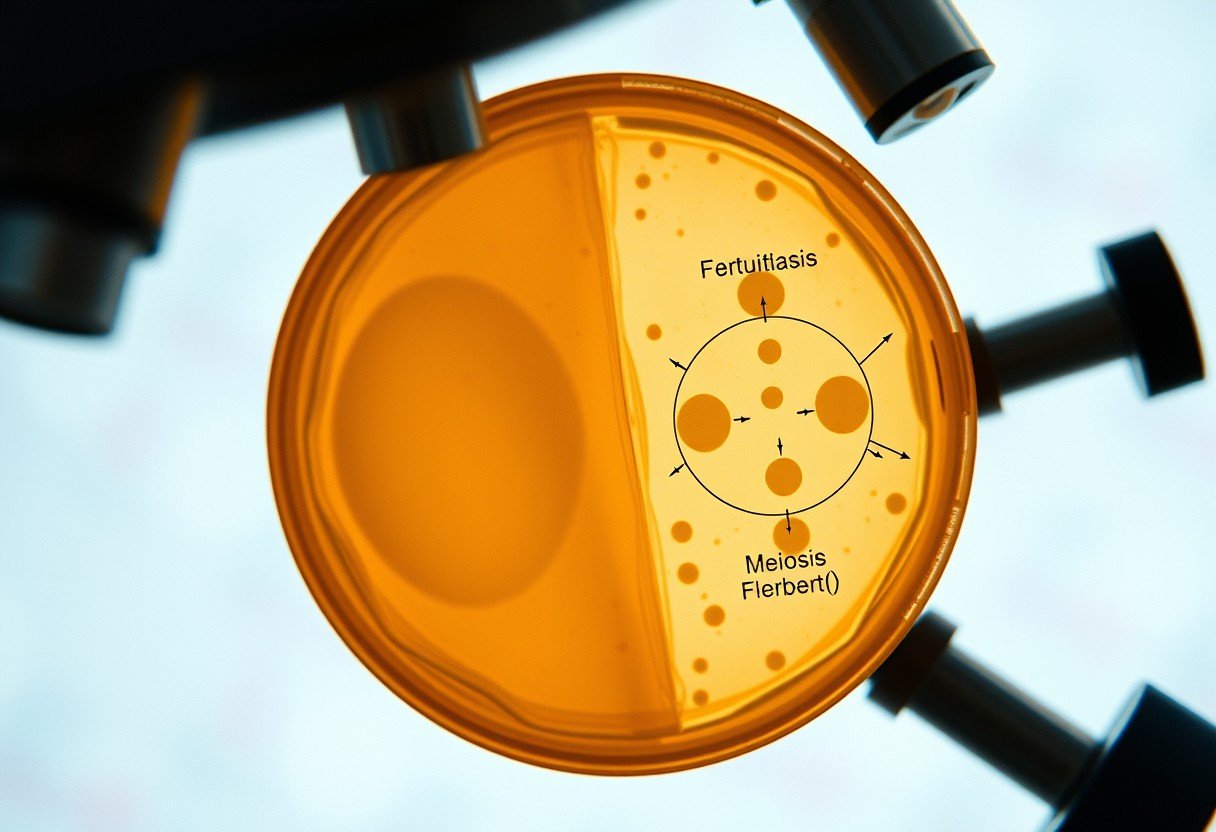You may know that DNA evidence is a powerful tool for solving crimes, but who manages the massive database of offender profiles? The answer lies with a specific federal agency tasked with overseeing this critical system. Understanding this helps clarify how law enforcement agencies across the country connect suspects to crime scenes, solve cold cases, and exonerate the innocent. This system is a cornerstone of modern forensic science and public safety.
What is the National DNA Database?
The national DNA database for offenders in the United States is known as the Combined DNA Index System, or CODIS. This is not just a single database but a tiered system that allows for the sharing and comparison of DNA profiles among law enforcement agencies.
CODIS links local, state, and national databases together, creating a vast network of genetic information. When DNA is collected from a crime scene, it can be searched against the profiles in CODIS to find a match. This can link a suspect to a crime or even connect multiple crimes to a single individual who has yet to be identified.
The primary purpose of CODIS is to serve as a tool for law enforcement to generate investigative leads in cases where a suspect is unknown. It has become an essential part of criminal investigations, providing concrete connections that might otherwise be impossible to establish.
The FBI’s Central Role in Managing CODIS
The Federal Bureau of Investigation (FBI) is the federal agency responsible for managing CODIS. The FBI Laboratory developed the software for the system and provides it to law enforcement agencies free of charge. They also set the standards and protocols for how DNA samples are collected, analyzed, and uploaded.
This standardization is crucial. It ensures that a DNA profile created in a lab in California can be reliably compared to one from a lab in New York. The FBI provides training and technical assistance to ensure all participating agencies meet these high standards.
The system operates on three levels, which all feed into the national database managed by the FBI.
| Database Level | Description |
|---|---|
| Local DNA Index System (LDIS) | Used by individual police departments and sheriff’s offices. |
| State DNA Index System (SDIS) | Contains the forensic profiles from all local labs within a state. |
| National DNA Index System (NDIS) | The highest level, containing profiles from all participating states. |
The FBI’s oversight of the National DNA Index System (NDIS) is what makes this a truly national tool. This system stores DNA profiles from convicted offenders, arrestees (in some states), and forensic evidence found at crime scenes.
How DNA Profiles are Collected and Analyzed
The journey of a DNA profile begins with careful collection. Law enforcement must follow strict protocols to prevent contamination of evidence. This involves using sterile tools and documenting a clear chain of custody to ensure the sample is admissible in court.
Once collected, the sample is sent to a forensic lab. There, technicians follow standardized procedures to extract the DNA and create a profile. This process focuses on specific locations in a person’s DNA called Short Tandem Repeats (STRs). Everyone has these STRs, but the number of repetitions varies from person to person, creating a unique genetic fingerprint.
The CODIS database includes several key indexes for comparison:
- Convicted Offender Index: Contains DNA profiles of individuals convicted of qualifying crimes.
- Arrestee Index: Includes profiles from individuals arrested for serious offenses, as permitted by state law.
- Forensic Index: Holds DNA profiles developed from evidence found at crime scenes.
The lab then uploads this numerical profile to CODIS to be searched against the millions of profiles already in the system.
The Legal Framework Behind DNA Databases
The collection and management of DNA profiles are not without rules. The legal framework is designed to balance the needs of law enforcement with the privacy rights of individuals. The primary piece of federal legislation governing this is the DNA Identification Act of 1994.
This act authorized the FBI to establish the national database and set standards for participating forensic labs. It outlines the procedures for sample collection and storage and ensures that individual rights are considered throughout the process.
State laws also play a significant role. Each state decides which crimes qualify for mandatory DNA collection, such as all felonies or only specific violent crimes. These laws also determine whether DNA can be collected upon arrest or only after a conviction.
Impact on Solving Crimes: Successes and Challenges
The impact of CODIS on solving crimes has been immense. Since its creation, CODIS has produced hundreds of thousands of hits that have assisted in countless investigations, including many cold cases that had been unsolved for decades.
One of the most powerful uses of the database is linking serial offenses. By matching DNA from different crime scenes, investigators can identify serial predators even before they have a suspect’s name, enhancing public safety.
However, the system is not without its challenges. Issues like large backlogs of unanalyzed DNA samples at crime labs can delay investigations. Furthermore, there are ongoing debates about the accuracy of DNA analysis and the potential for false matches, which requires strict quality control in the lab.
Privacy and Ethical Debates Surrounding DNA Collection
The existence of a government database containing the genetic information of millions of people raises significant privacy and ethical questions. The central debate is how to balance the goal of public safety with the protection of an individual’s genetic privacy.
Concerns often focus on the potential for misuse of this sensitive data. Critics worry about “function creep,” where the database could be used for purposes it was not originally intended for. There are also concerns about data security and the risk of breaches that could expose personal genetic information.
These ethical dilemmas lead to continuous public discussion about consent, data retention policies, and who should have access to the database. Safeguarding this information is critical to maintaining public trust in the system.
The Future of DNA Database Management
DNA management is constantly evolving. As technology advances, you can expect even more efficient systems for processing and analyzing DNA. New sequencing techniques and artificial intelligence tools may allow for faster and more accurate results, helping to clear backlogs and solve crimes more quickly.
Policy reforms will also shape the future. There is an ongoing need to update regulations to provide clearer guidelines on data collection, storage, and usage. Future policies will likely focus on enhancing transparency and accountability to ensure the system is used responsibly.
Staying informed about these changes is important for understanding how your privacy rights are balanced with the needs of law enforcement in an increasingly technological world.
Frequently Asked Questions about the National DNA Database
Which federal agency is in charge of the offender DNA database?
The Federal Bureau of Investigation (FBI) is responsible for managing the national database of DNA profiles, known as the Combined DNA Index System (CODIS). The FBI sets the standards and provides the software for the system.
What is CODIS and how does it work?
CODIS is a system that allows law enforcement labs to compare DNA profiles electronically. When a DNA sample from a crime scene is profiled, it’s searched against existing profiles of convicted offenders, arrestees, and other crime scenes to find a match.
What kind of DNA profiles are stored in CODIS?
The database primarily includes DNA profiles from three sources: individuals convicted of crimes, individuals arrested for certain offenses (depending on state law), and forensic samples collected from crime scenes, such as blood or hair.
Are there privacy risks with the government having my DNA?
Yes, there are privacy concerns. While the FBI has strict rules to protect the data, debates continue about the potential for misuse, data security, and how long the information should be stored, especially for individuals who are arrested but never convicted.
Can I find out if my DNA is in the CODIS database?
Generally, no. CODIS is a criminal justice tool and is not accessible to the public. There is no mechanism for individuals to directly check if their profile is in the database due to legal and privacy restrictions.









Leave a Comment